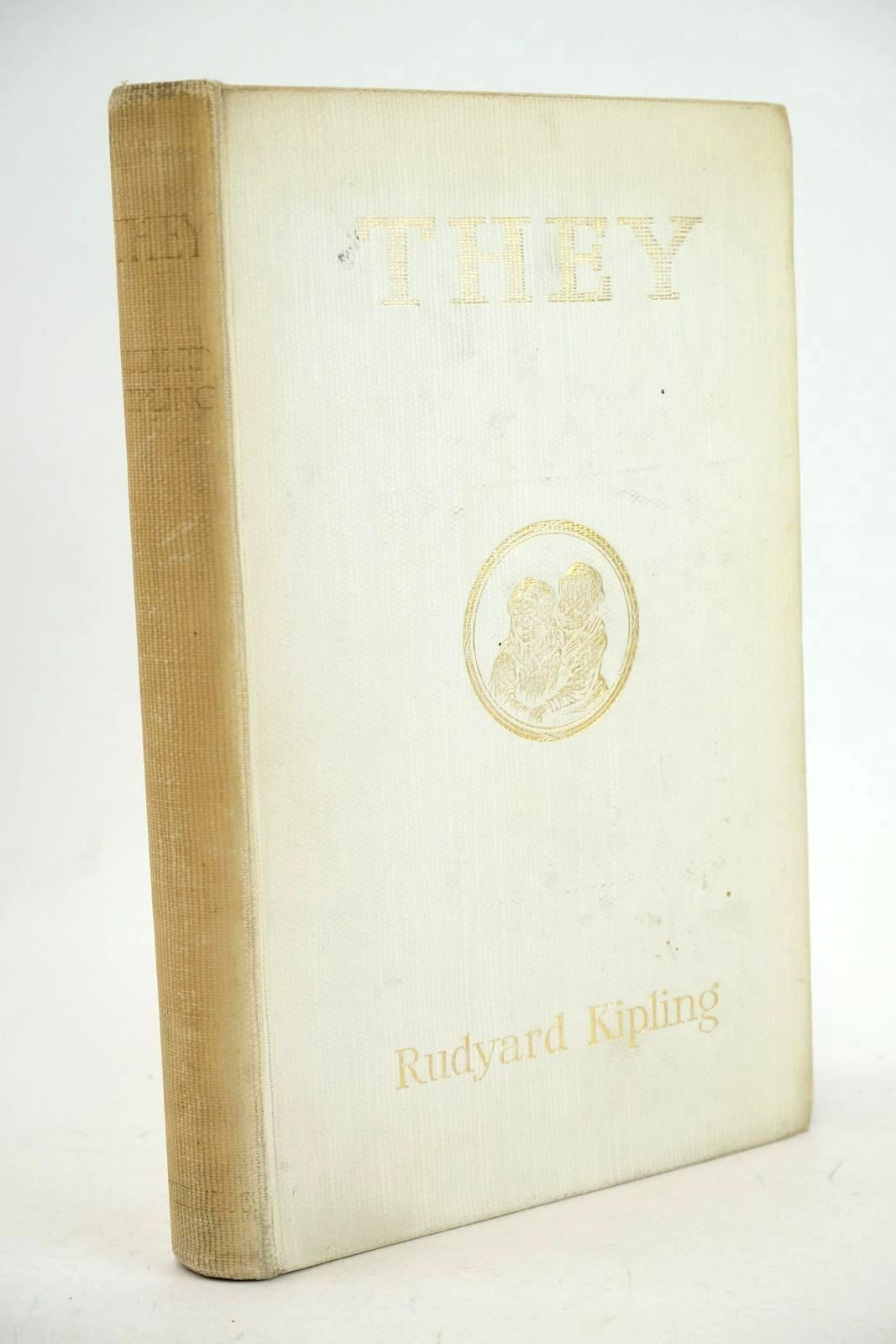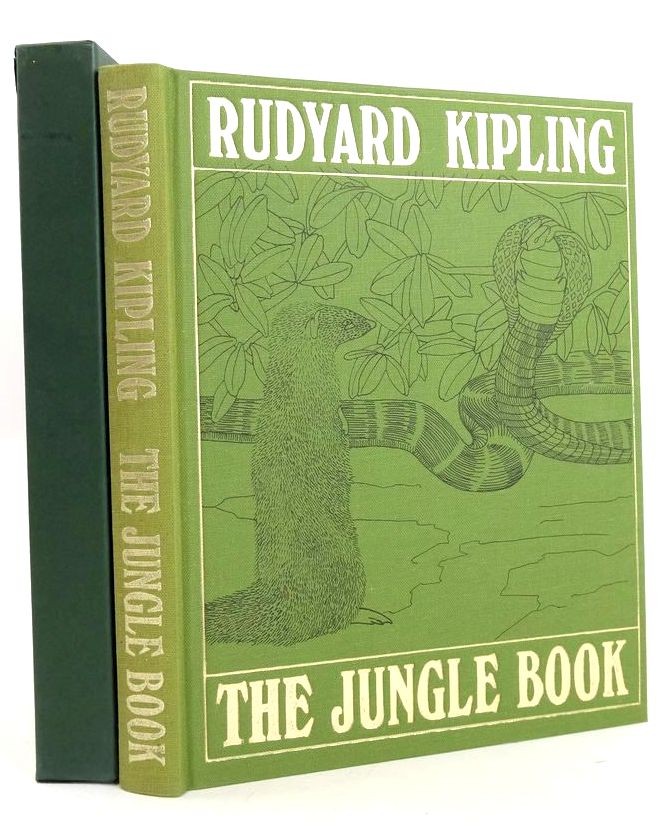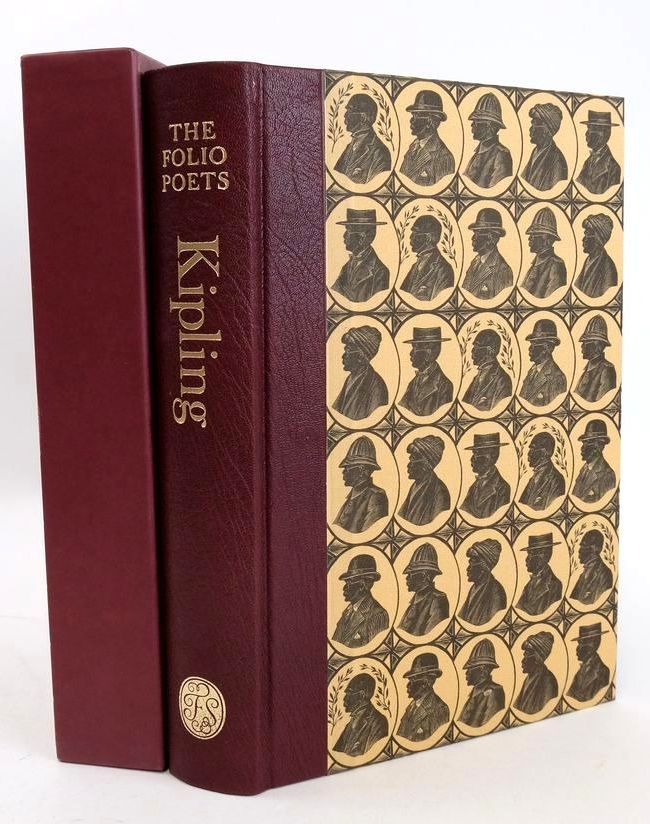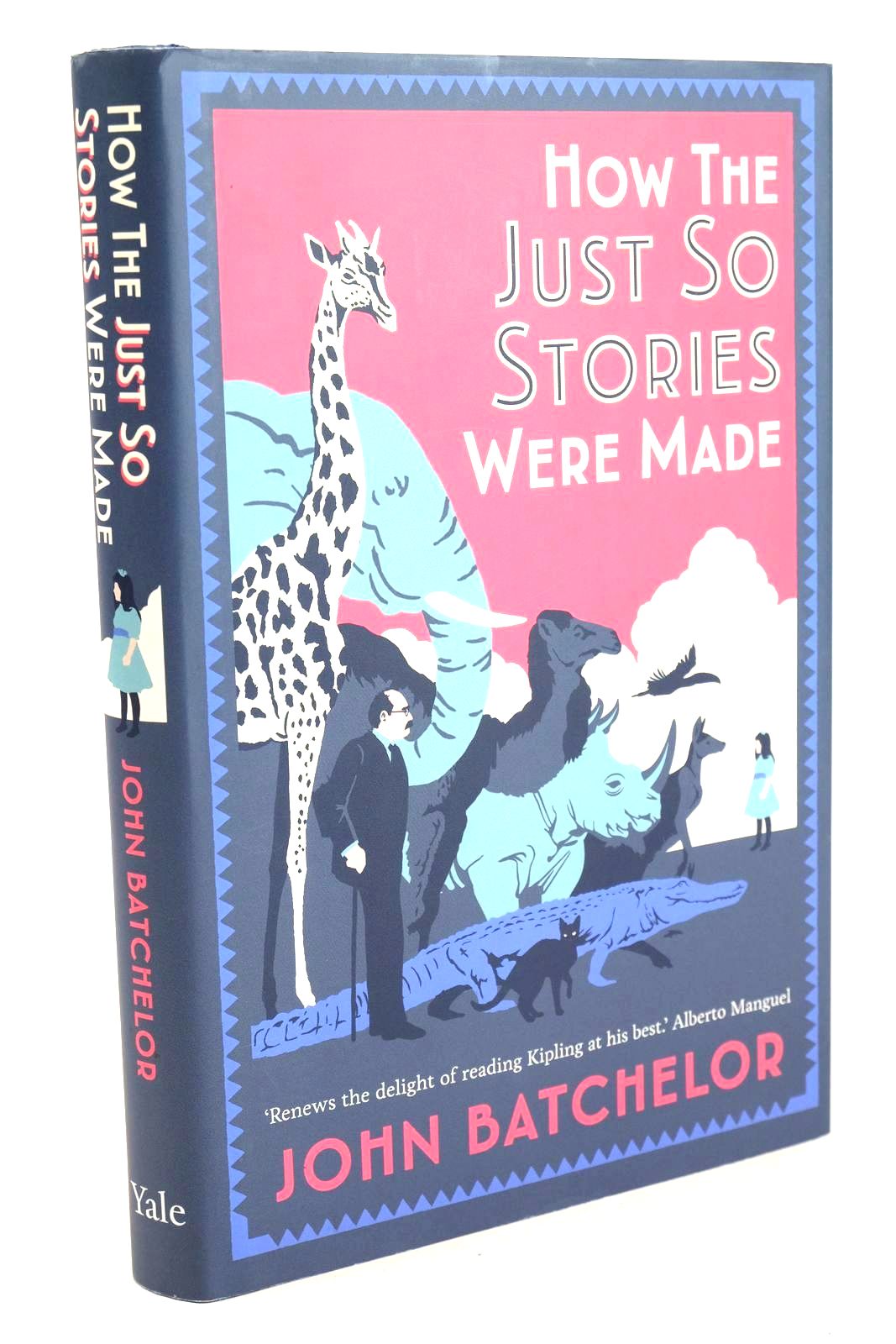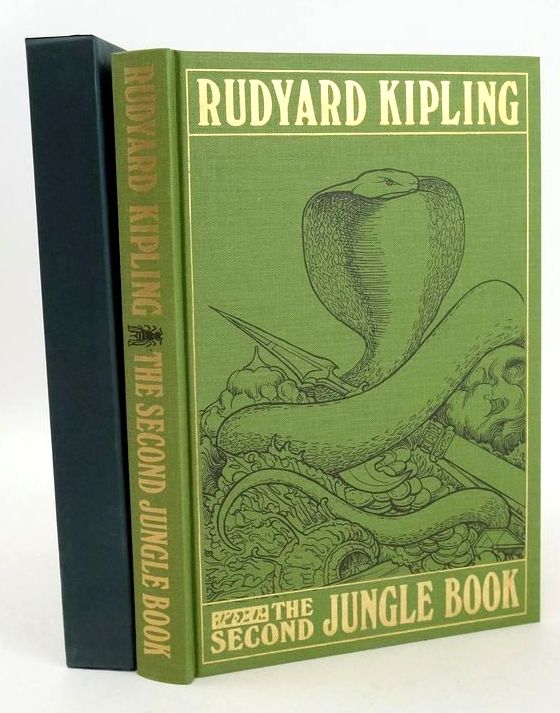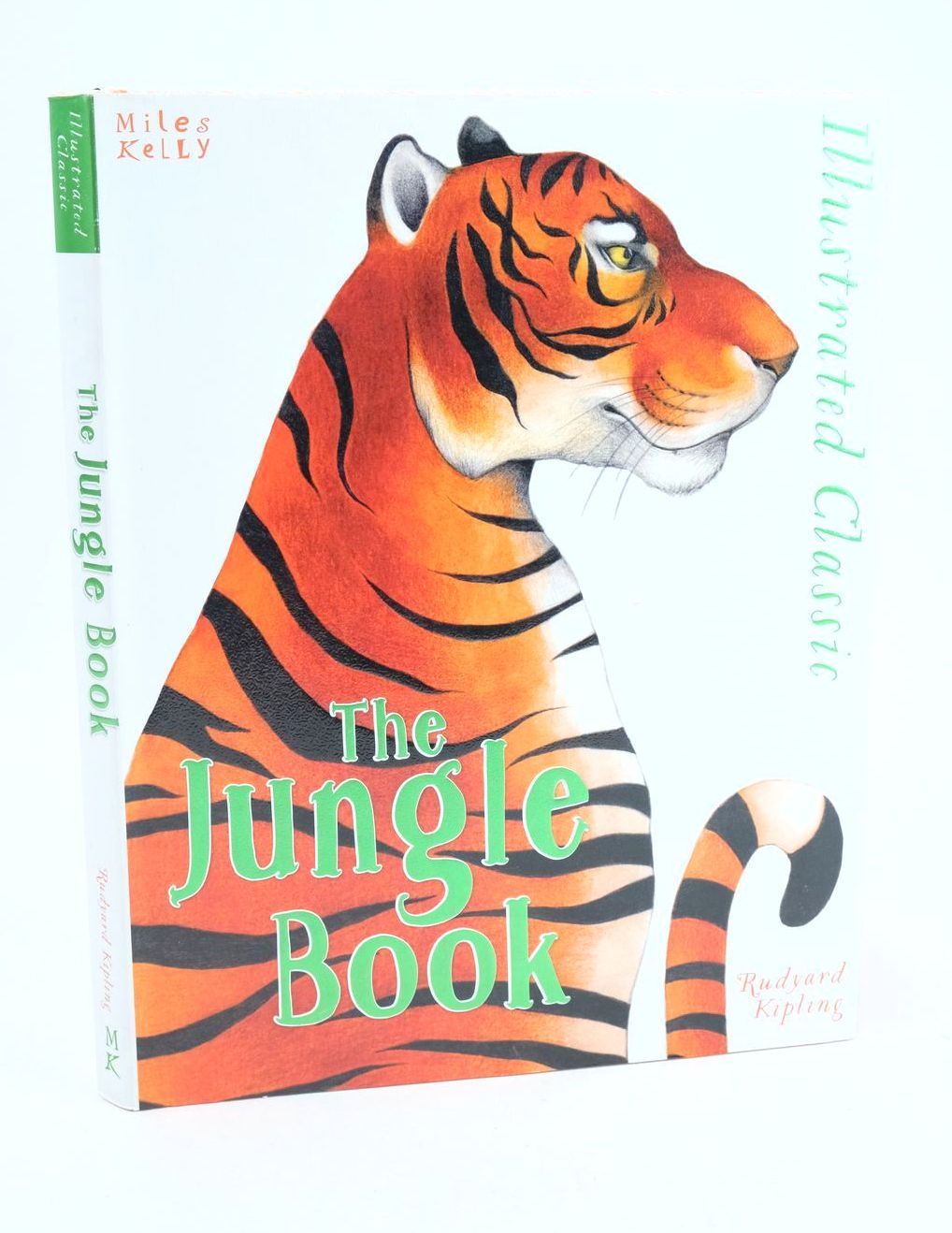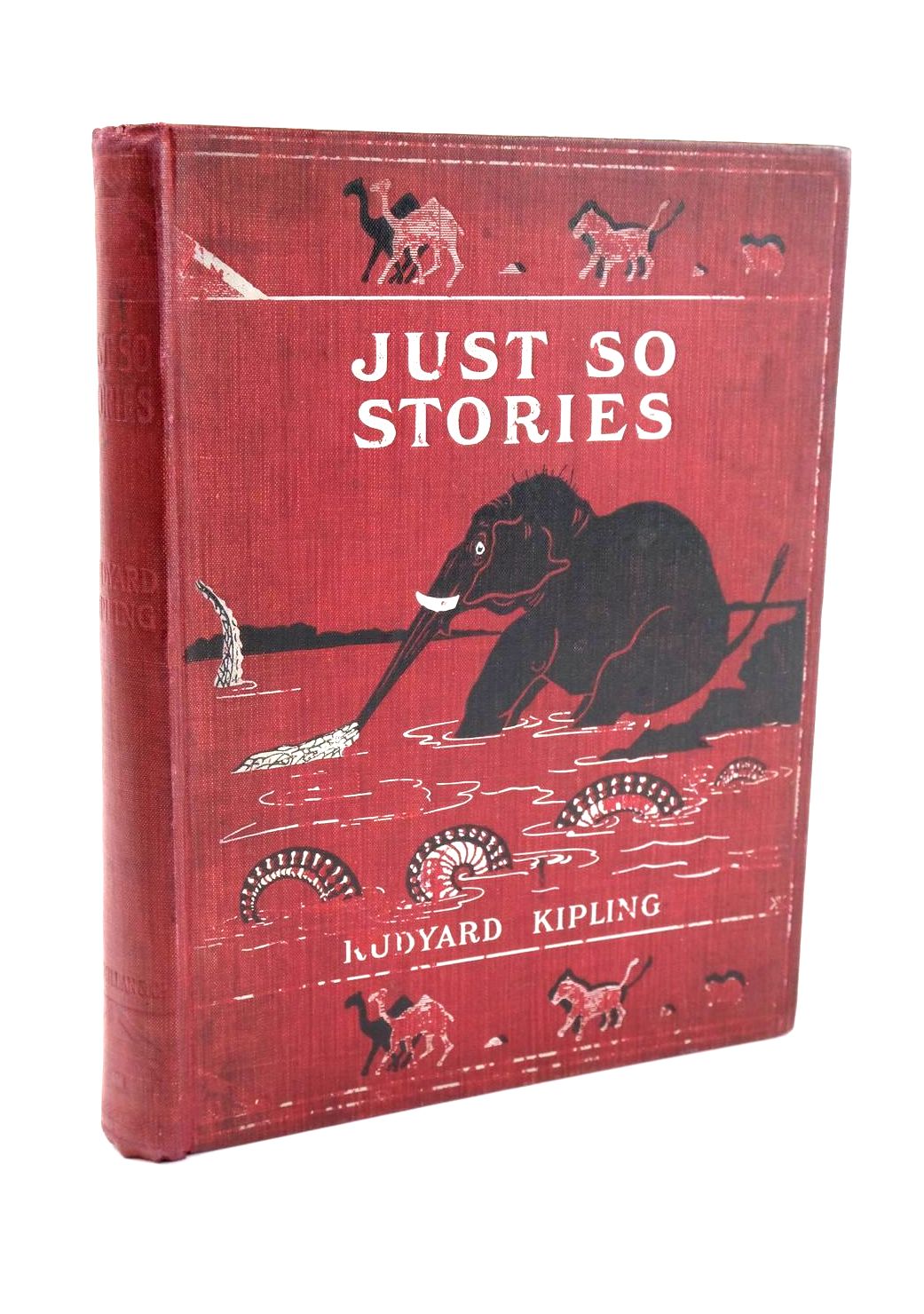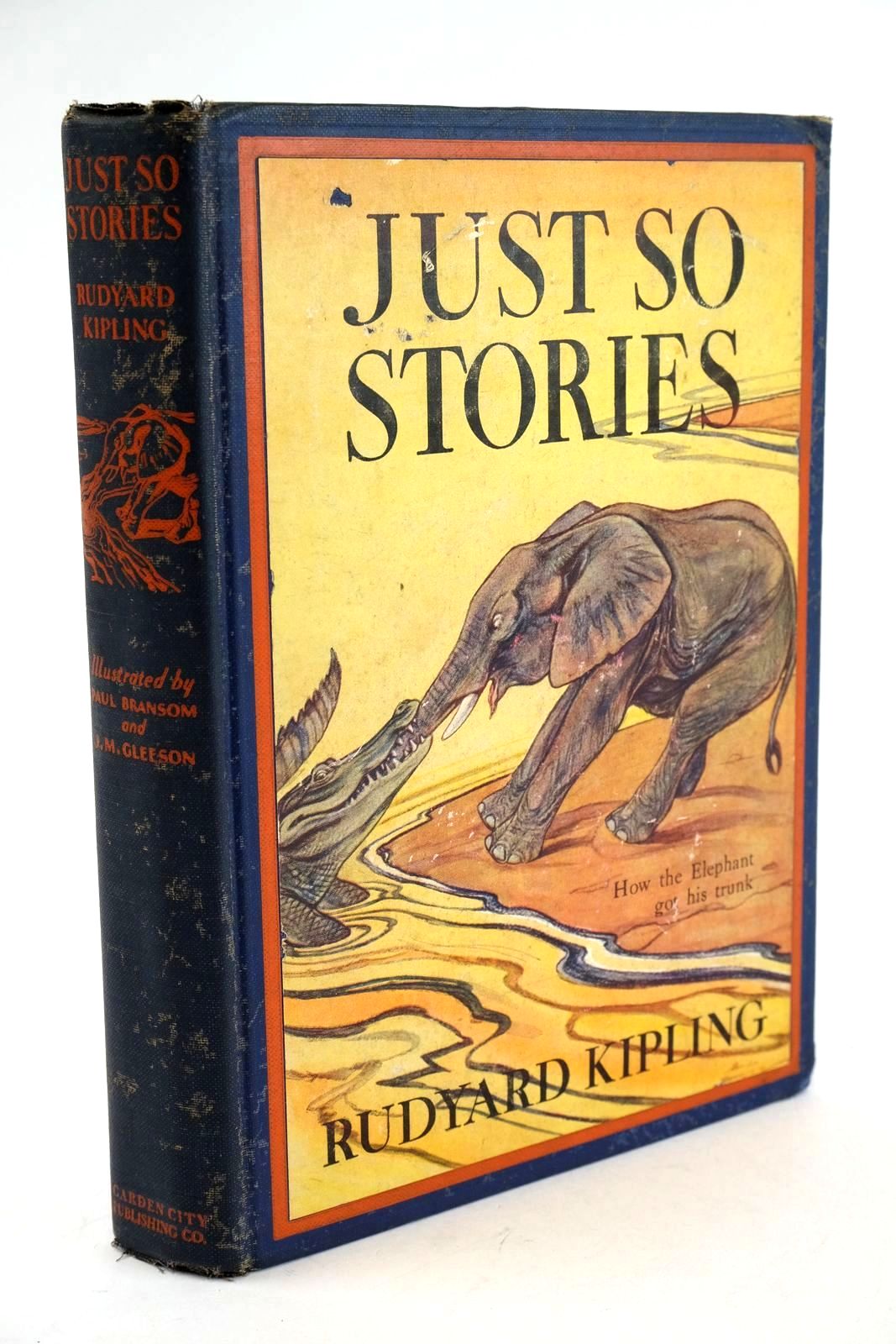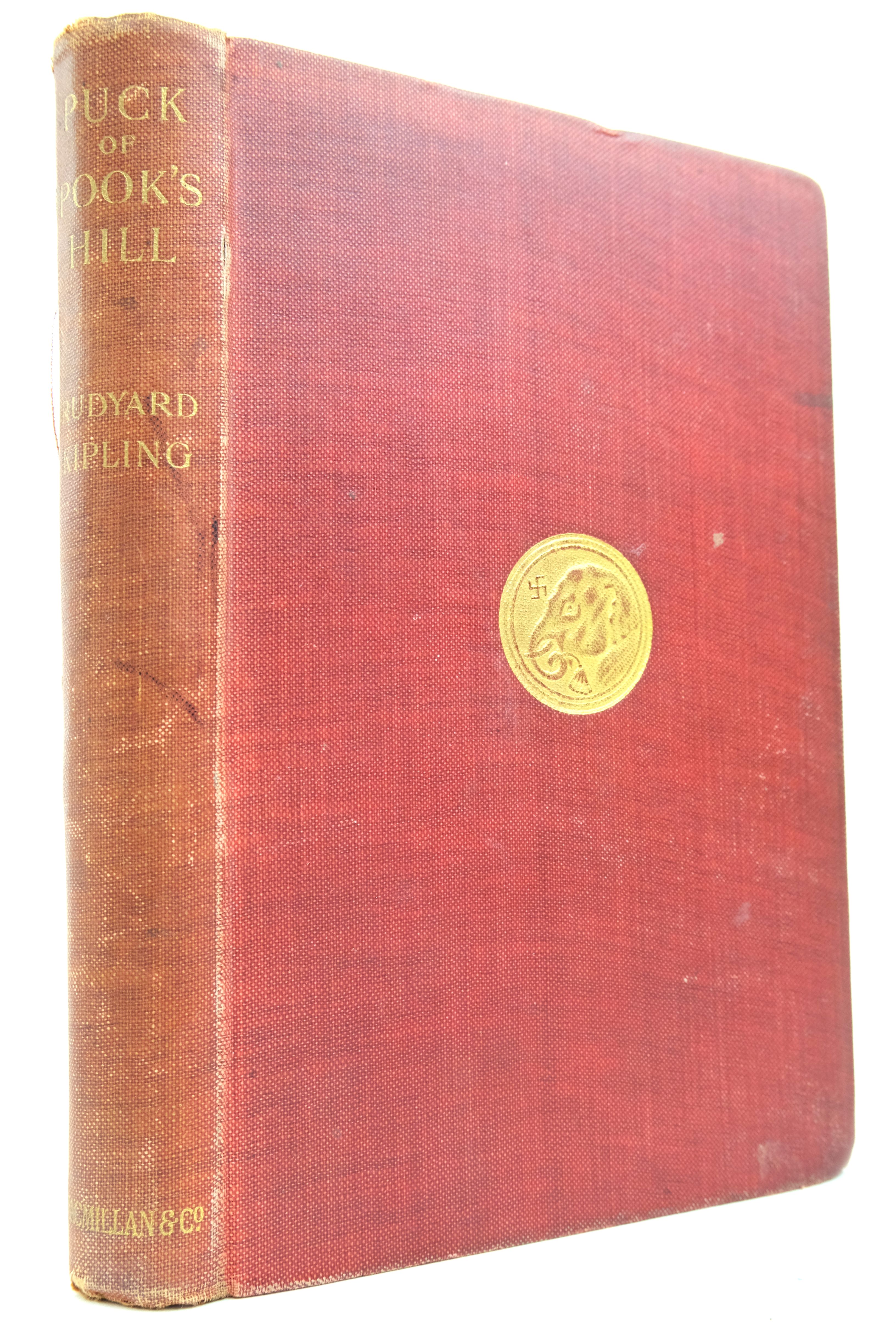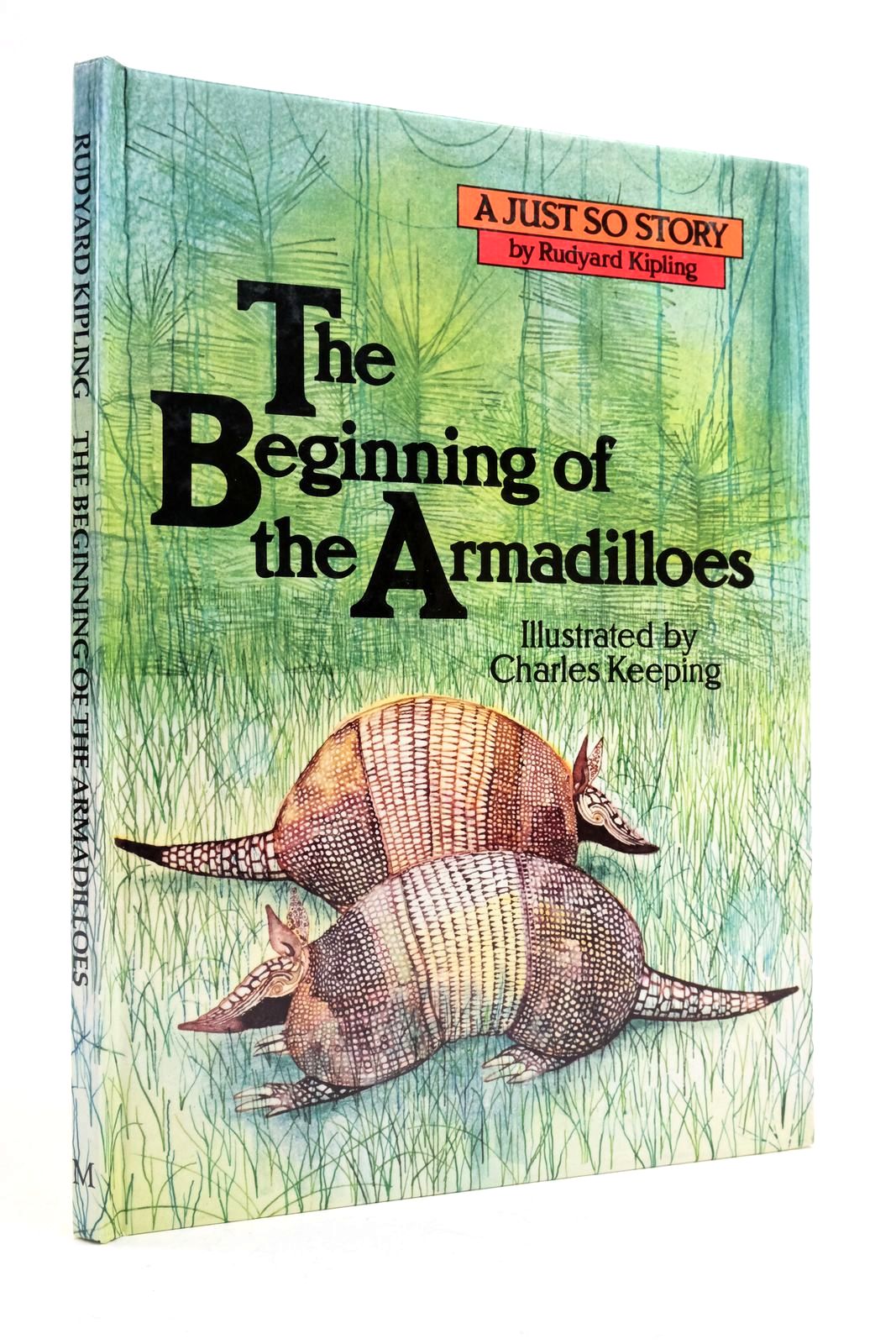Rudyard Kipling
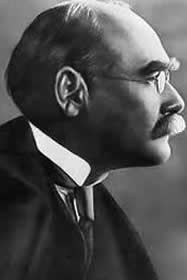 A child of the Raj, a prolific author who received the Nobel Prize for Literature, and whose face appeared on the cover of Time magazine. Of course, we are talking about Joseph Rudyard Kipling (1865-1936) whose work may have divided opinions but has remained hugely significant.
A child of the Raj, a prolific author who received the Nobel Prize for Literature, and whose face appeared on the cover of Time magazine. Of course, we are talking about Joseph Rudyard Kipling (1865-1936) whose work may have divided opinions but has remained hugely significant.
Born in Bombay, Kipling spent his earliest years surrounded by the exotic sights and sounds of the Raj, enjoying visits to crowded bazaars and listening to Indian nursery rhymes. This idyllic life was to come to an end at the age of five when his parents sent him, together with his younger sister, to be educated in England. Living with an adoptive couple, Captain Holloway and his wife, it was a deeply unhappy time for Kipling who missed the excitement of Indian culture. He was cruelly treated by Holloway's wife in particular, and he later referred to the place as the 'House of Desolation'.
 Some respite came when Kipling's mother returned to England and he went to the United Services College in Devon, a school which had been set up to prepare boys for life in the British Army. After a rough start, he settled in and was encouraged to write since his poor eyesight meant that he struggled at sports. Kipling's experiences there formed a basis for Stalky & Co. (1899), a collection of linked stories describing life at a British boarding school. With references to drinking, smoking, and bullying the stories are for older readers and differ from the traditional Boys School Stories.
Some respite came when Kipling's mother returned to England and he went to the United Services College in Devon, a school which had been set up to prepare boys for life in the British Army. After a rough start, he settled in and was encouraged to write since his poor eyesight meant that he struggled at sports. Kipling's experiences there formed a basis for Stalky & Co. (1899), a collection of linked stories describing life at a British boarding school. With references to drinking, smoking, and bullying the stories are for older readers and differ from the traditional Boys School Stories.
 In 1882 Kipling had returned to India, living with his parents, and working as a journalist. In the limited spare time that he received, Kipling began to produce a prolific number of short stories and poems, many of which celebrated heroic deeds and the life of the common soldier. His first major success was Barrack-Room Ballads (1892), and by the end of the 1890s Kipling's fame and popularity had grown enormously with the publication of the two Jungle Books and Captains Courageous. Kipling maintained his prolific output into the the twentieth century, publishing titles such as Kim (1901), Just So Stories for little Children (1902), Puck of Pook's Hill (1906) and A Song of the English (1909, with illustrations by W. Heath Robinson).
In 1882 Kipling had returned to India, living with his parents, and working as a journalist. In the limited spare time that he received, Kipling began to produce a prolific number of short stories and poems, many of which celebrated heroic deeds and the life of the common soldier. His first major success was Barrack-Room Ballads (1892), and by the end of the 1890s Kipling's fame and popularity had grown enormously with the publication of the two Jungle Books and Captains Courageous. Kipling maintained his prolific output into the the twentieth century, publishing titles such as Kim (1901), Just So Stories for little Children (1902), Puck of Pook's Hill (1906) and A Song of the English (1909, with illustrations by W. Heath Robinson).
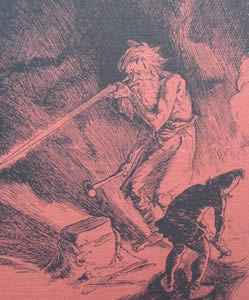 Seeking some escape from the pressures of fame & popularity, and also disturbed by the harrowing Boer War scenes he witnessed while in Blomfontein, in 1902 Kipling purchased Batemans, a 17th century house in the Sussex Downs where he lived for the rest of his life (though he continued to travel widely).
Seeking some escape from the pressures of fame & popularity, and also disturbed by the harrowing Boer War scenes he witnessed while in Blomfontein, in 1902 Kipling purchased Batemans, a 17th century house in the Sussex Downs where he lived for the rest of his life (though he continued to travel widely).
Kipling was no stranger to tragedy: his daughter Josephine died of pneumonia aged six, and his son, John, died in action during the First World War. John had tried to enlist twice but been rejected due to his extremely poor eyesight. His father knew the commander-in-chief of the British Army and used his influence to obtain a military commission for his son. John lost his life in 1915 at the Battle of Loos aged 18.
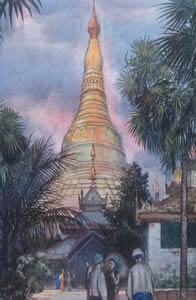 Despite turning down several honours, including the Poet laureate and a knighthood (twice), in 1907 Kipling accepted the Nobel Prize for Literature: he was the first English language recipient of the honour, and the youngest.
Despite turning down several honours, including the Poet laureate and a knighthood (twice), in 1907 Kipling accepted the Nobel Prize for Literature: he was the first English language recipient of the honour, and the youngest.
He continued to write into the 1930s, though at a slower pace, and died of a perforated ulcer on 18th January 1936. He was cremated and his ashes buried at Westminster Abbey.
We will leave Kipling to say the last word, a response to the incorrect announcement of his death in a magazine:-
“I've just read that I am dead. Don't forget to delete me from your list of subscribers.”
Contributed by Tim
(Published 1st Oct 2013)


